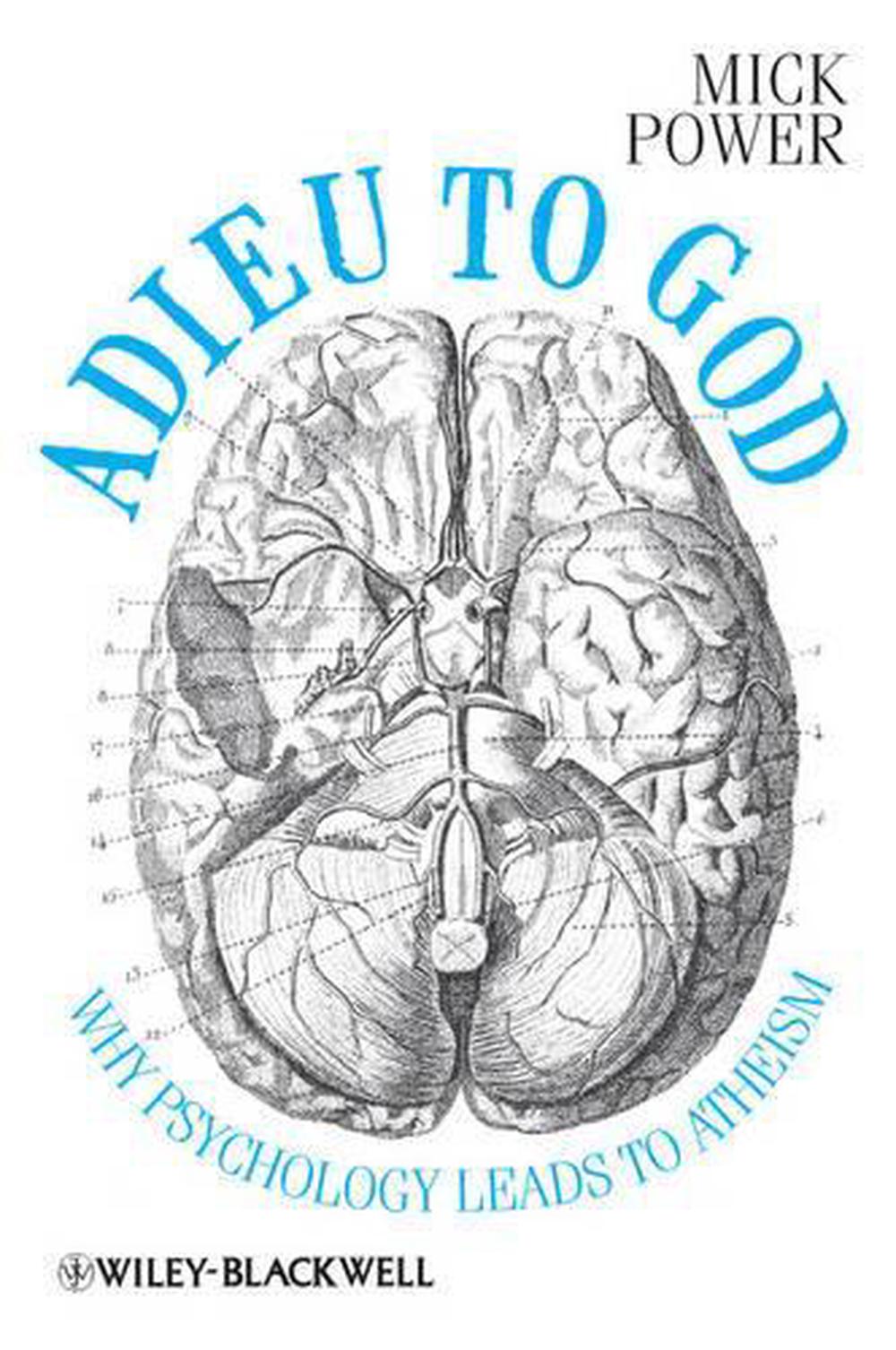
Adieu to God, 1st Edition
why psychology leads to atheism
$84.04
- Paperback
216 pages
- Release Date
19 January 2012
Summary
Adieu to God examines atheism from a psychological perspective and reveals how religious phenomena and beliefs are psychological rather than supernatural in origin.
- Answers the psychological question of why, in the face of overwhelming scientific evidence to the contrary, do religions continue to prosper?
- Looks at atheism and religion using a fair and balanced approach based on the latest work in psychology, sociology, anthropology, psychiatry and medicine
- Acknowledge…
Book Details
| ISBN-13: | 9780470669945 |
|---|---|
| ISBN-10: | 0470669942 |
| Author: | Mick Power |
| Publisher: | John Wiley and Sons Ltd |
| Imprint: | Wiley-Blackwell |
| Format: | Paperback |
| Number of Pages: | 216 |
| Edition: | 1st |
| Release Date: | 19 January 2012 |
| Weight: | 277g |
| Dimensions: | 230mm x 152mm x 11mm |
You Can Find This Book In
What They're Saying
Critics Review
“In this fascinating little book (201 pages, including references and a subject index), Mick Power communicates no such tinge of agnosticism when proclaiming in the preface of Adieu to God: Why Psychology Leads to Atheismthat “my belief is that psychology (with help from philosophy, anthropology, sociology, physics, biology …) offers a far more powerful explanation than any religious system ever will” (p.x).” (PsycCRITIQUES, 1 June 2013)
“His final chapter summarises the argument and proposes how one might be a healthy atheist with a sense of meaning and purpose, a sense of belonging and community and a set of personal goals and values. He does not forecast the disappearance of religions but proposes how they can be explained in terms of psychology and sociology.” (The Scientific & Medical Network, 1 April 2012)
About The Author
Mick Power
Mick Power is Professor of Clinical Psychology at the University of Edinburgh, as well as a practicing Clinical Psychologist who has worked at Guy’s Hospital and Maudsley and Bethlem Hospitals. Raised as a Catholic, Power became an atheist at 16.
Returns
This item is eligible for free returns within 30 days of delivery. See our returns policy for further details.




